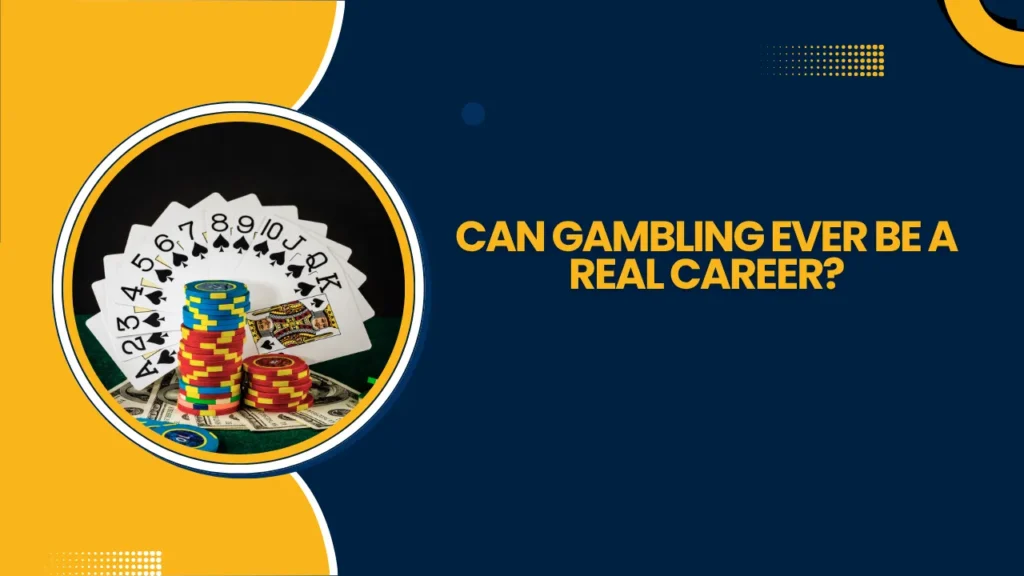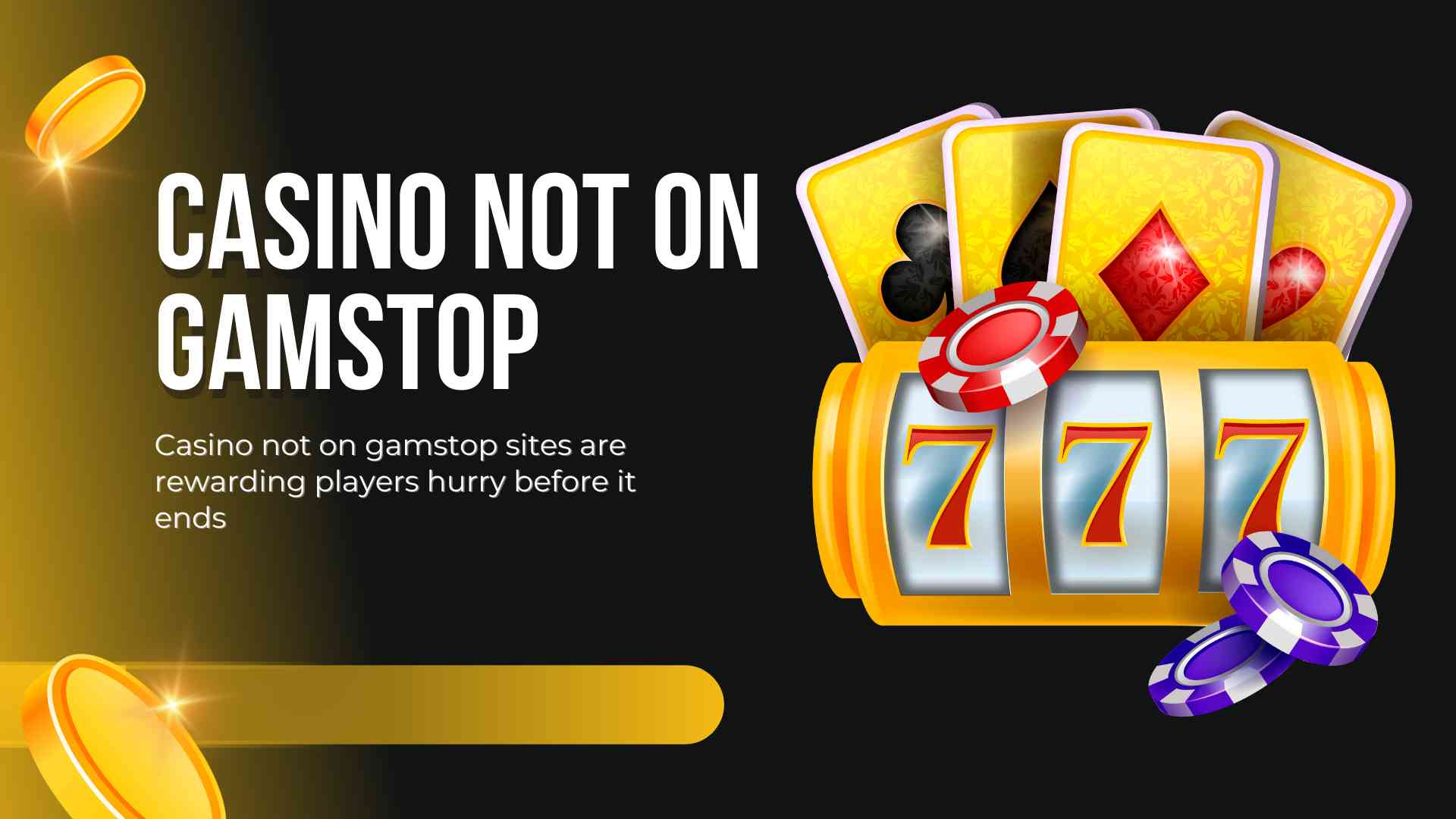The idea of turning gambling into a full-time career fascinates millions. For most, gambling is a form of entertainment—a thrilling escape filled with risk, chance, and the occasional big win. But for a small fraction of individuals, it represents something more: a potential livelihood. The notion of making consistent income from betting tables or online casinos sounds exciting, but it also raises a difficult question. Can gambling ever truly be a sustainable, legitimate career path?
Having studied both the mathematics and psychology behind gambling, I’ve seen how thin the line is between professional strategy and reckless risk-taking. While movies romanticize the life of poker sharks and blackjack masters, the reality is far more complex. To explore this topic honestly, we must separate myth from method, and excitement from economics.
Understanding the Modern Gambling Landscape
To talk about gambling as a career, we first need to understand what gambling looks like today. Gone are the days when professional gamblers were confined to smoky casino floors or private card rooms. The rise of online platforms has created an entirely new ecosystem—one where skill, timing, and data analytics can actually play a measurable role in outcomes.
Players now engage in everything from poker tournaments and sports betting to esports and online slots. Many professional gamblers treat their activity much like traders treat financial markets: they study patterns, manage risks, and aim for consistent returns over time. The ecosystem has become more global and more accessible, especially with the growing popularity of the best non GamStop casinos that cater to players seeking flexible gaming options outside UK-licensed restrictions.
These digital spaces have made it possible for individuals to build structured gambling routines—playing within set hours, tracking statistics, and even using bankroll-management software. Yet despite the modern tools, one fundamental truth remains: gambling, by design, always favors the house in the long run. That doesn’t mean professional gambling is impossible—it simply means it’s not easy.
Skill vs. Luck: The Crucial Divide
Every professional gambler understands that the foundation of success lies in games of skill rather than pure luck. Poker, blackjack (with card counting), sports betting, and certain forms of exchange betting are where logic and probability matter most. Games like roulette or slot machines, on the other hand, rely heavily on randomness—making them poor long-term prospects for consistent income.
The most successful gamblers think like statisticians. They don’t just hope for good fortune; they analyze probabilities, manage emotion, and develop strict routines. The difference between a hobbyist and a professional often comes down to discipline. The hobbyist chases excitement; the professional chases edge.
Take poker as an example. The top 5% of poker players in the world treat it like a mental sport. They track every move, study their opponents, and use bankroll management to survive variance (the natural ups and downs of luck). This meticulous approach separates sustained income from impulsive play.
The Economics of Professional Gambling
While success stories exist, the financial reality of professional gambling is unpredictable. Even for the best players, monthly income fluctuates wildly. One great week can be followed by a devastating month. Unlike a regular job, gambling doesn’t guarantee a paycheck.
Professional gamblers rely on long-term averages and probabilities. They might calculate “expected value” (EV) on every decision—knowing that even when they lose, a positive EV means they made the right move over time. But maintaining this discipline requires emotional control and strong financial buffers.
Furthermore, gambling for a living comes with additional costs: entry fees, travel expenses, tax implications, and high mental strain. Many who start with big ambitions burn out quickly when variance hits hard. That’s why professionals often diversify their income—coaching, creating content, or partnering with platforms to stabilize cash flow.
The Psychological Challenge
Perhaps the greatest obstacle to treating gambling as a career is psychological. Unlike other professions, gambling exposes participants to constant emotional volatility. A streak of losses can erode confidence and discipline, while a big win can inflate ego and trigger overconfidence. Both extremes are dangerous.
Professional gamblers must learn to separate emotion from execution. They develop what psychologists call “detached engagement”—the ability to remain analytical even when money is at stake. This mental fortitude doesn’t come easily; it’s cultivated through years of experience, setbacks, and reflection.
Addiction is another serious concern. The line between professional play and compulsive play is razor thin. A disciplined professional stops when strategy dictates; a compulsive gambler keeps playing to recover losses. That’s why responsible gambling tools, limits, and self-awareness are vital, even for seasoned professionals.
Technology and the Rise of Data-Driven Gambling
Technology has transformed the modern gambler’s toolkit. Data analytics, AI prediction models, and simulation software now allow serious players to calculate odds in real time. Sports bettors use algorithms similar to those used by Wall Street quants. Card players review databases of historical hands to improve decisions.
In online environments, machine learning tools track personal performance metrics—win rates, tilt frequency, ROI per session—and turn them into actionable insights. This shift from intuition to information marks the biggest evolution in gambling professionalism.
However, technology also brings challenges. Online platforms monitor behavior closely, and algorithms are constantly adjusted to reduce predictability. In short, casinos—digital or otherwise—are always adapting to keep the edge on their side.
Real-World Examples: Who Actually Makes It Work?
While rare, there are indeed people who make consistent money from gambling. Professional poker players like Daniel Negreanu and sports bettors like Billy Walters built careers through disciplined systems and deep mathematical understanding. But even they faced years of setbacks before achieving stability.
Some modern gamblers also thrive by blending multiple skills: streaming poker content, running training websites, or monetizing YouTube and Twitch channels. The gambling itself may generate part of their income, but content and community engagement sustain it.
The key takeaway is that those who succeed treat gambling as both a science and a business. They study, track, and diversify—not just play.
The Ethical and Social Perspective
Beyond money, there’s also the ethical question. Should gambling be considered a career when it can lead others toward risky behavior? Some argue that glamorizing professional gambling can encourage addiction. Others believe it’s no different from stock trading—another high-risk, high-reward field driven by probability and discipline.
Ultimately, the distinction lies in intent and structure. If one approaches gambling with transparency, financial discipline, and social responsibility, it can indeed function as a professional pursuit. But without these pillars, it quickly devolves into destructive behavior.
Can It Be Sustainable Long-Term?
For a select few, yes—but sustainability depends on adaptability. The gambling environment changes constantly due to regulation, technology, and competition. Professionals who treat it like a lifelong craft—always learning, evolving, and managing variance—can maintain careers spanning decades.
Yet for the majority, gambling remains an unpredictable supplementary income at best. Without extraordinary skill and self-control, treating it as a full-time job is financially and emotionally dangerous. A more realistic approach might be to see it as a specialized side career—something pursued part-time with strategic intent.
Final Thoughts
So, can gambling ever be a real career? Technically, yes—but only for the few who combine mathematical rigor, emotional discipline, and professional structure. It’s not a shortcut to wealth or freedom. It’s a high-pressure, data-driven pursuit where failure rates dwarf success stories.
The romantic image of the professional gambler sitting at a high-stakes table, winning effortlessly, is far removed from reality. The real professionals work harder than most realize—analyzing data, managing risk, and enduring endless uncertainty.
For anyone considering this path, the lesson is clear: treat gambling like a profession, not a fantasy. If you can build a system, respect your limits, and approach every decision logically, it can offer genuine opportunities. But if you rely solely on luck or emotion, it will remain what it’s always been—a game of chance.



